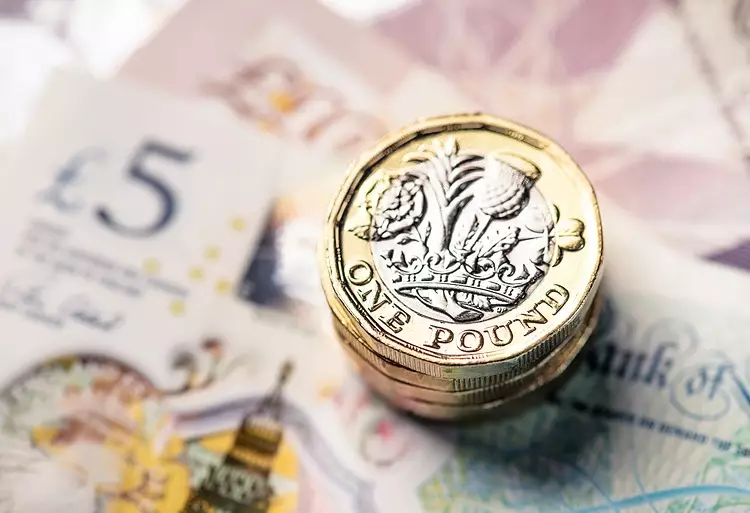The GBP/JPY currency pair has been steadily rising as market sentiment improves, leading to reduced flows to the safe-haven Japanese Yen. Positive lending data in the UK indicates that credit remains ample, which has contributed to the optimism in the market. The BRC Shop Price Index shows disinflation in the UK, but analysts believe it is not enough to prompt the Bank of England (BoE) into immediate action.
On Tuesday, GBP/JPY traded over a third of a percentage point higher at just above 197, following a steep correction the previous day. The pair fell from a peak of 200 to a low in the 193s, with the sudden decline attributed to Japanese authorities intervening in the Forex markets to support the depreciating Yen. However, Japan’s top currency diplomat, Masato Kanda, declined to confirm the intervention, stating that the Ministry of Finance would release official figures later in May.
The bounce in GBP/JPY on Tuesday appears to be a result of a “mean reversion” effect rather than significant macroeconomic data releases. The positive market sentiment, driven by strong tech earnings, positive GDP releases in Europe, and easing geopolitical concerns, has also contributed to the rise. The interest rate differential between the UK and Japan remains favorable for GBP/JPY, with the BoE unlikely to cut rates given high services inflation in the UK.
The release of Japanese housing data had little impact on JPY, with Housing Starts falling more than expected in March, but Construction Orders rising significantly. Conversely, UK lending data showed ample lending conditions, which may reduce the likelihood of the BoE cutting interest rates in the near term. Higher interest rates in the UK attract capital inflows, supporting the Pound against the Yen.
UK lending data, including Net Lending to Individuals and Consumer Credit figures, exceeded expectations in March. This suggests a strong borrowing environment, which could delay any potential rate cuts by the BoE. Additionally, UK Mortgage Approvals and Money Supply rose higher than forecast, indicating economic resilience.
On the other hand, the UK saw disinflationary forces at work, as reflected in the CBI Shop Price Index for April. Shop Price inflation eased to 0.8%, below the three-month average rate, while non-food items entered deflationary territory. Food inflation also decelerated, signaling potential economic challenges ahead.
The rise of GBP/JPY amidst improving market sentiment highlights the complex dynamics at play in the global economy. While the BoE maintains a cautious stance on interest rates, factors such as lending conditions, inflation data, and market sentiment continue to influence currency movements. Traders and investors should closely monitor these developments to make informed decisions in the forex market.


Leave a Reply